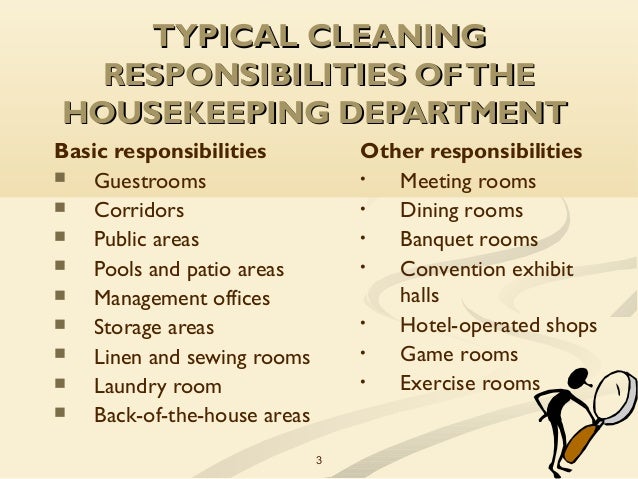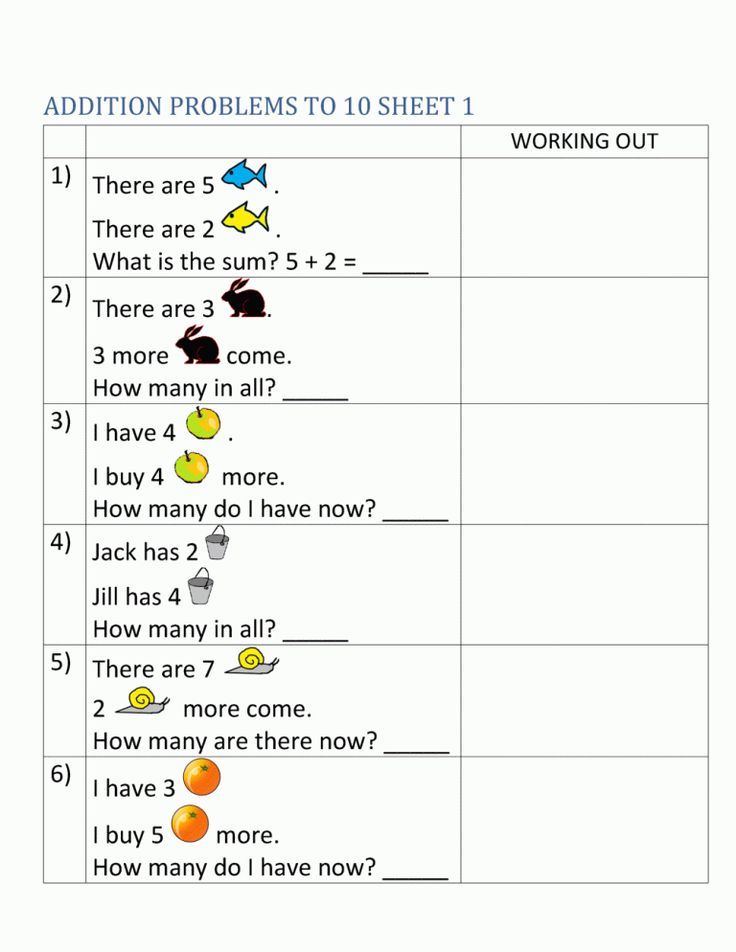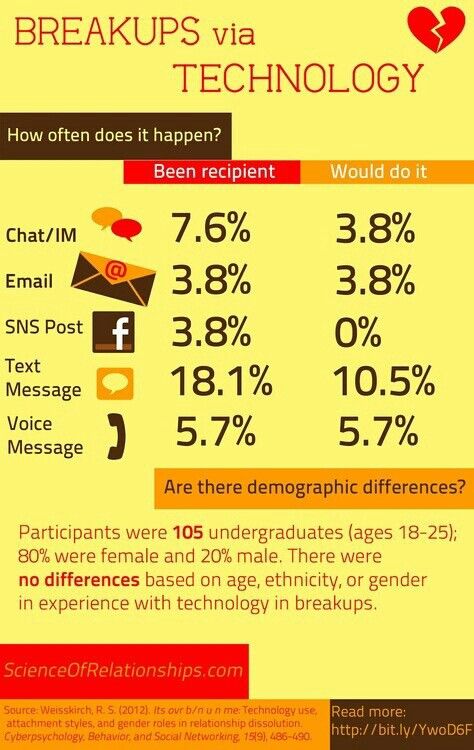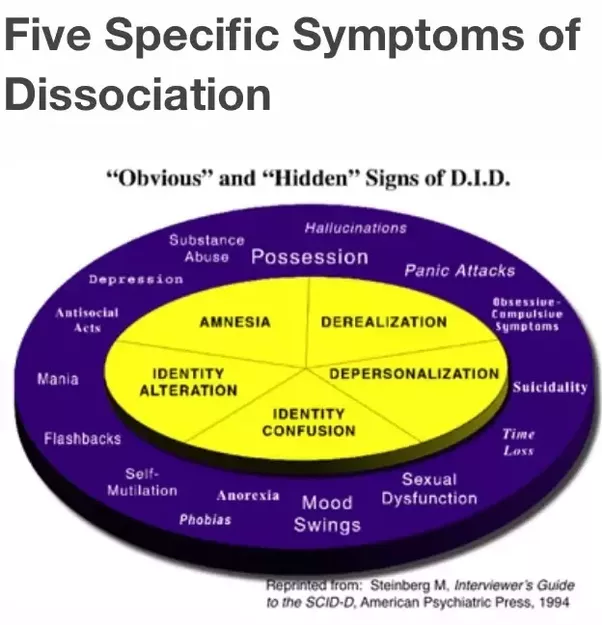Responsibility for others
Are You Responsible for Others, or Responsible to others?
I’ve been thinking a lot lately about the difference between being responsible for others, and being responsible to others.
Feeling and acting responsible for others often reflects our struggle to tolerate another person’s distress. When we sense anxiety in others, a quick way to calm ourselves down is to calm others. To manage emotions, thoughts, and behaviors that do not belong to us.
How do you get caught up in feeling and acting responsible for others? When you pick the restaurant, do you need everyone to enjoy their food? Do you avoid bringing up an important topic in your marriage, because it makes your spouse anxious? Do you reassure your child, “It’s going to be okay,” before you hear their thinking about a challenge?
When our actions are more about alleviating anxiety than relating to one another, we don’t give people the space to express their thinking or show us their capabilities. It’s also easy to get locked into relationship patterns that can drain the fun out of a friendship, snuff out the creativity in a work partnership, or eliminate intimacy in a marriage.
Being responsible to others is about expressing your own maturity. It’s about knowing your own thinking, embodying that thinking, and sometimes sharing that thinking with others. It is about directing self, rather than directing others. But here’s the tricky part— it also requires you to alleviate anxiety (or simply sit with it) in a different way than overfunctioning.
What does this distinction look like in real time? Let me give you some examples.
Responsible for: Calling your mother so she won’t get upset.
Responsible to: Calling your mother because you’ve decided regular contact is useful.
—————————
Responsible for: Doing your kid’s homework so their grade won’t drop.
Responsible to: Letting your child know how you’re willing to help with homework, and what you’re not willing to do.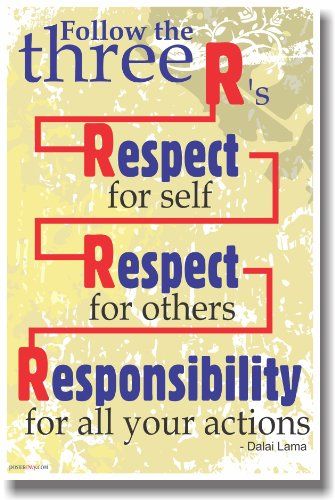
—————————
Responsible for: Lying to a friend so you won’t hurt their feelings.
Responsible to: Following your best thinking about when honesty is necessary.
—————————
Responsible for: Always replying “no worries!” when people apologize in an email.
Responsible to: Really thinking about whether you need to reassure them or not.
—————————
Responsible for: Forcing people to share their feelings and thoughts about a situation.
Responsible to: Expressing curiosity about the thinking of others.
If you observed yourself for one hour of interacting with other humans, how would you catch yourself acting responsible for others’ thoughts, emotions, and behaviors? It’s only human to direct each other—we wouldn’t do it if it didn’t work quite well at calming things down. But what gets lost when this becomes our way automatic way of functioning?
Is there perhaps a different way to operate in a relationship that doesn’t require you to function for others? I suspect there is.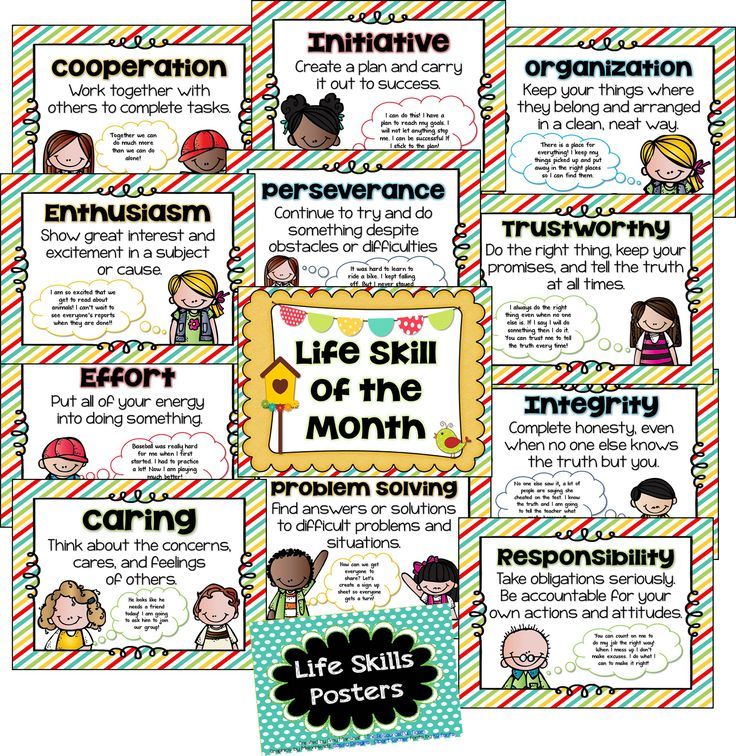
For Medium, I wrote about the cost of always being an anxious helper.
Check out the Russian translation of my book, Everything Isn’t Terrible, which came out in March. The Portuguese version is coming this July!
Want to support my free newsletter? Buy me a coffee to keep the thoughts flowing.
Want to read more of my writing? You can read my essays for Medium’s Forge Magazine, read old newsletters at my website, or buy my book Everything Isn’t Terrible from Amazon, Barnes and Noble, Indiebound, or your local bookstore (best option).
Want a free anxiety journal? Calming Down & Growing Up: A 30 Day Anxiety Journal includes thirty daily prompts to help you reflect on and respond to your anxious behaviors. To receive a copy, just email me your receipt.
Follow me on Twitter, Facebook, or Instagram, or email me if you have questions about my therapy practice in Washington, DC, virtual Bowen theory coaching, or having me speak to your group.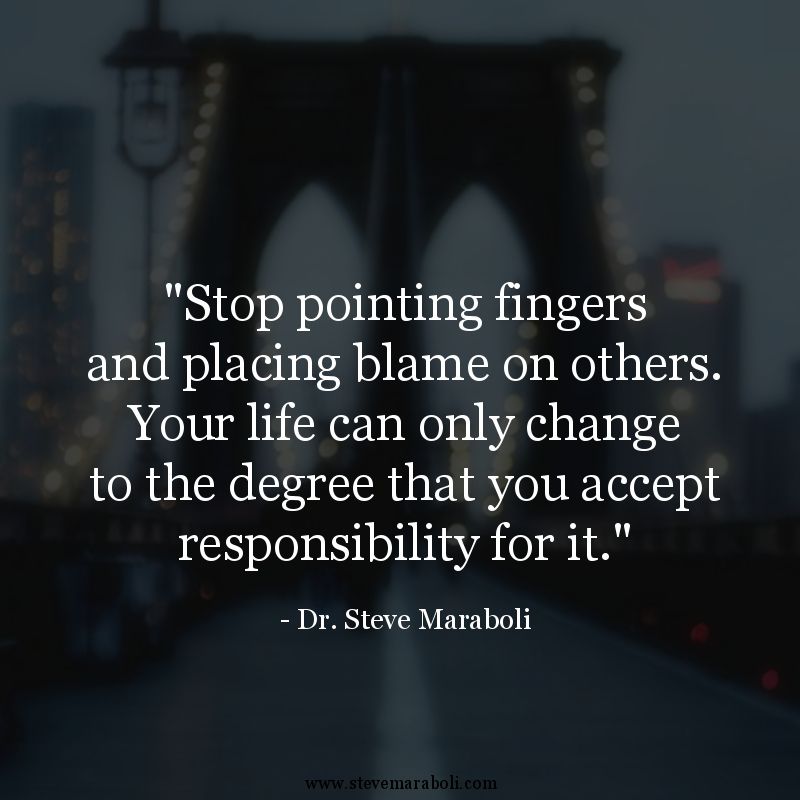
Want to learn more about Bowen theory? Visit the Bowen Center’s website to learn more about their conferences and training programs (which are accepting applications now).
Like this:
Like Loading...
How to Stop Taking on Too Much Responsibility for Others
Source: Pixabay
Rescuer, caretaker, enabler: These words all mean basically the same thing in the context of relationships that are harmful to both people involved. Anytime we take on responsibility for another adult, we run the risk of enabling that person to continue with their own bad habits or poor decisions. It is a destructive form of helping.
Most people who are rescuing or enabling others are not even aware of what they’re doing. They may believe that they are simply being kind, or that they have no choice other than fixing the problems caused by others. There are many ways in which people act as caretakers of others. Some of these are:
- Agreeing to do something we don’t want to do.
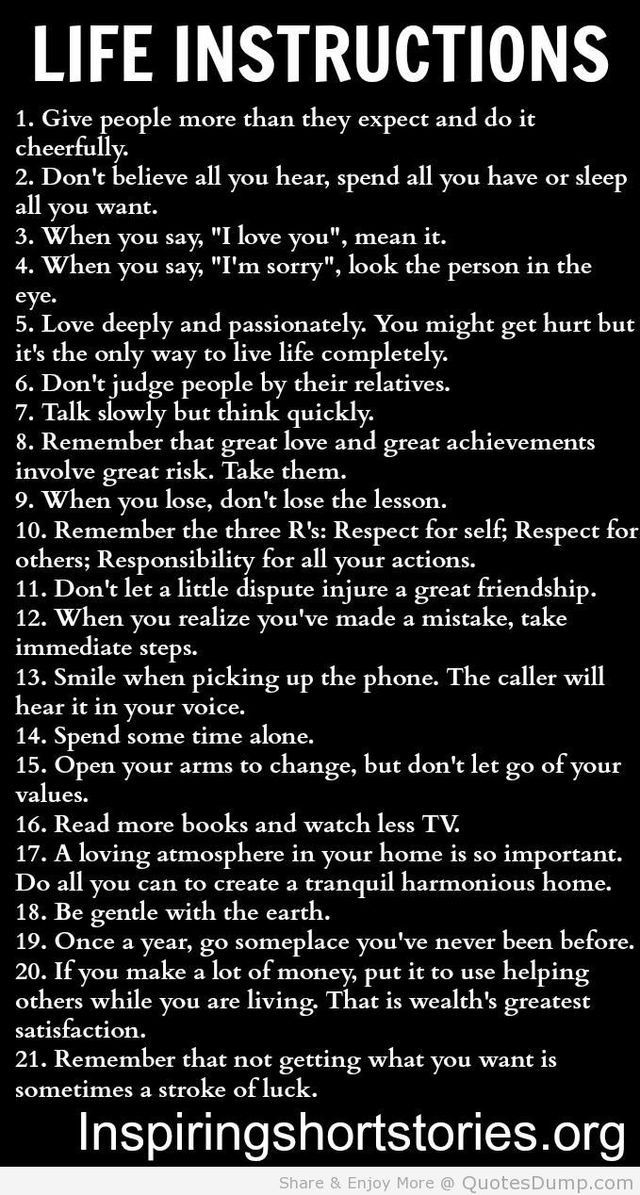
- Taking on someone else’s responsibility, without even being asked.
- Trying to make sure everyone else feels OK.
- Speaking for someone else who is capable of speaking up for themselves.
- Taking the consequences of someone else’s problem.
- Fixing someone else’s problem.
- Trying to save someone from their own bad habits by being their caretaker.
- Not asking for what we need or want.
The Rescuer Becomes the Victim, and Then the Persecutor
Many rescuers are aware of the frequent feelings of frustration, resentment, or being used by someone. In order to fix the other person’s problem, we end up ignoring our own needs or obligations to ourselves. This creates resentment toward the person we were trying to save.
Very often, the outcome is not what was hoped for. The lack of the desired outcome can cause us to shift to a new frame of mind: now we’re the victim. We have given our time and effort to make a situation better for someone else and they do not appreciate it, do not change their habits for us, and sometimes even get angry at us. Our need to feel needed was met briefly, and then we were left in the dust. But we were just trying to help, right?
Our need to feel needed was met briefly, and then we were left in the dust. But we were just trying to help, right?
Then we feel angry because our needs were not met. Our anger might be expressed in withdrawn moodiness, passive aggression, or in an outburst of criticism. We have dropped the roles of rescuer and victim, and now become the persecutor. This anger might be vented toward them, as in “I did that for you; what are you doing for me?” Or, “you’re still acting the same way.” We overlook the fact that they never asked us to help them.
When No One Has Really Asked to Be Rescued
The act of rescuing in this context also leads to resentment from the person “helped” because we are assuming that the person needs our “help” and acting as if they are not capable of solving their own problems. Helping them might meet our need to feel needed, but it sends a message to them that they are not capable of being responsible for themselves. No one wants to feel inadequate or helpless.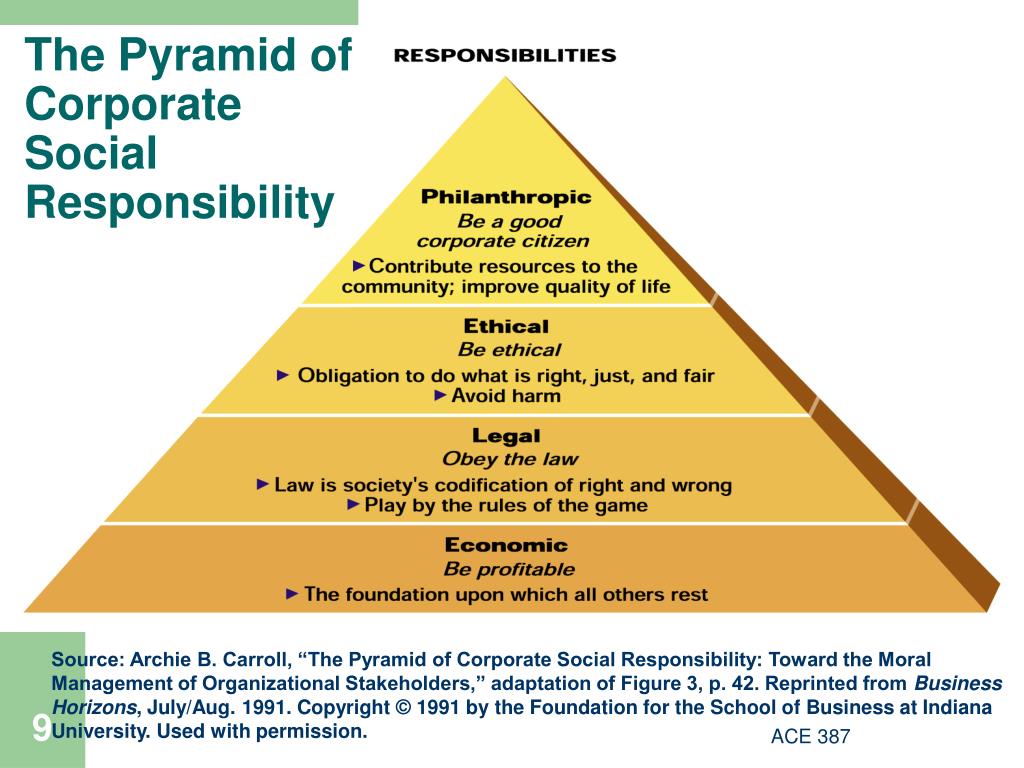
On occasion, our efforts may be successful in fixing a problem, but most often we still create resentment in the person being “helped.” That resentment can be directed at us in words, acted out with passive-aggressive behavior, or just lead to the same problem occurring over and over again. It becomes a lose-lose situation. It is destructive for ourselves and to the person we supposedly helped.
This dynamic has been termed the “Karpman Drama Triangle” after the work of Stephen Karpman decades ago. It was explained by Melody Beattie in her bestselling books, Codependent No More and The New Codependency. Much of Beattie’s original book is about the behaviors of individuals who are addicted to substances and those who live with the addicted person. However, the concepts are applicable to so many relationships in which one person takes on too much responsibility for others in their daily lives.
Tips for Changing This Destructive Habit
There are ways to change this self-destructive habit once you recognize that you might be caught up in the harmful pattern described here. Following are some tips for changing the dynamic between yourself and the person(s) for whom you are assuming too much responsibility.
Following are some tips for changing the dynamic between yourself and the person(s) for whom you are assuming too much responsibility.
1. Think about what you assume to be your responsibilities at home or at work, or both. Write these down. Then, list the responsibilities that are not really yours. Compare these two lists. You may be surprised at how much you have taken upon yourself.
2. Become more aware of when you are trying to rescue someone else. It may be in one of the ways listed above, or in another way that’s become a habit for you. Notice how you feel after you act as the rescuer. Are you feeling resentful (persecutor)? or taken advantage of (victim)? Be mindful of how these feelings relate to your choice to rescue the other person from their own choices.
3. Practice not rescuing. This will be difficult at first. It may bring up anxiety about “what will happen if I don’t help?” Review the consequences of past helping behavior by you. How often did that turn out well for either you or the other person?
4. Be assertive about what you need from others. Ask others to be assertive about what they need from you. Remember that you have the choice to say “No” to their requests. They have the freedom to make their own mistakes and to learn from those mistakes.
Be assertive about what you need from others. Ask others to be assertive about what they need from you. Remember that you have the choice to say “No” to their requests. They have the freedom to make their own mistakes and to learn from those mistakes.
5. Let your family, friends, or co-workers know that you are making some changes in how you get things done. Make it clear that you have a mutual best interest at heart. Be prepared for some initial frustration from those who have come to rely on your saving them. This may be unavoidable, but worth it in the long term.
Final Thoughts
Taking on too much responsibility for others’ behavior can become a lifelong habit that harms both yourself and the other person. It can cause frustration, resentment, and feelings of being taken advantage of. Changing this habit is difficult but can be done once you realize how it’s been harming both yourself and your relationships.
The burden of responsibility for the feelings of others.

12/15/2019
"The freedom of one person ends where the freedom of another begins," but freedom also implies responsibility.
In our life, most often people take responsibility for their actions. Considering this concept, we can talk about legal responsibility, responsibility for leadership at work, responsibility for our children. In this article, we will talk about responsibility for the thoughts and feelings of another person.
If we were truly responsible for the emotions of those around us, no one would ever be angry or sad. But many were brought up in the idea that we should make others happy, take responsibility for everything in the world, and the question of what we want was not raised at all.
To give an example, "I won't tell another that I don't like being touched by people with whom I only have a working relationship, because I might offend him.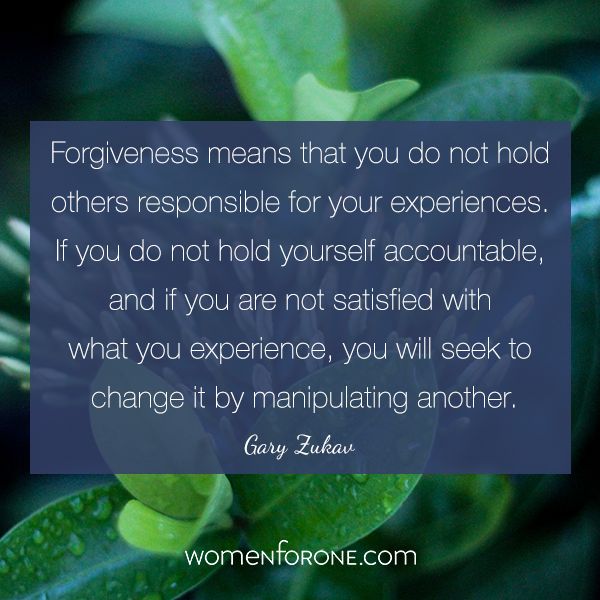 " But what happens to you during this period? Perhaps you are hiding your anger about having to communicate with this person (for example, on work issues), angry at yourself that you cannot stop this communication (“because the other will be offended”), there is a “bunch” of emotions inside you, with with which you meet one on one and at the same time immerse yourself in a situation of stress. Imagine every day you are nervous about the thought that you will have to meet this person, while you protect his feelings, but not yours. Let's imagine, can this person not be offended by you? We all have a choice of how to respond to a given situation. We also have a choice of how we communicate our feelings to the other (for example, "I'm angry because I don't like being hugged by people who aren't my family" or "You're bad").
" But what happens to you during this period? Perhaps you are hiding your anger about having to communicate with this person (for example, on work issues), angry at yourself that you cannot stop this communication (“because the other will be offended”), there is a “bunch” of emotions inside you, with with which you meet one on one and at the same time immerse yourself in a situation of stress. Imagine every day you are nervous about the thought that you will have to meet this person, while you protect his feelings, but not yours. Let's imagine, can this person not be offended by you? We all have a choice of how to respond to a given situation. We also have a choice of how we communicate our feelings to the other (for example, "I'm angry because I don't like being hugged by people who aren't my family" or "You're bad").
The fact is that we cannot fit into the shoes of another person and take responsibility for their feelings. Everyone is responsible for their own emotional state.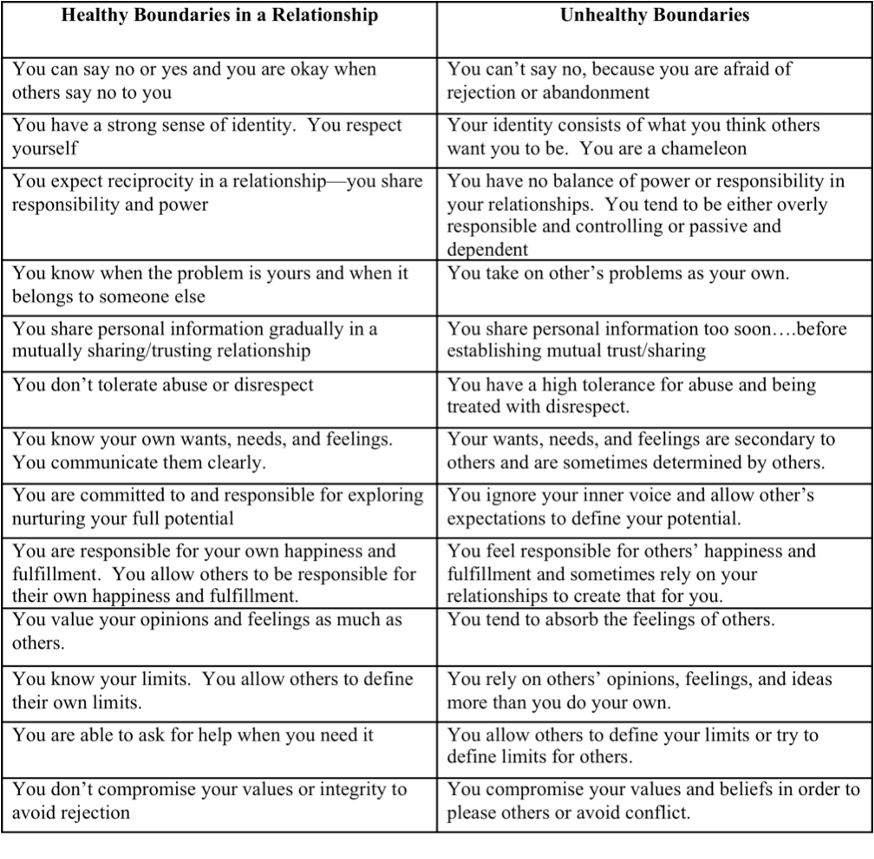
Let's try to figure out why this phenomenon occurs so often in our lives. Assuming that in our opinion the other person thinks and feels we, on the one hand, we create for ourselves a feeling of control over the situation that is happening around us. On the other hand, we return to our childhood experience, when it seemed simple, “that mom is angry because I am bad”, or that “mom is happy because I am good”, here we often feel guilty. But in both situations, we experience a feeling of comfort "it's easier, it's more familiar."
Often other people manipulate the person by invoking guilt within us "I'm upset because of you."
What happens to us when we take responsibility for the feelings of others?
- We "boil in a cauldron" from our own experiences, not allowing our emotions to be reacted to
- "We lose ourselves" by plunging into the experiences of another person
- Feeling guilty about how the other person perceives information
- Ignoring our own needs and concerns
- Permission to violate boundaries (for example, physical)
Therefore, it is important to take responsibility for your own emotions.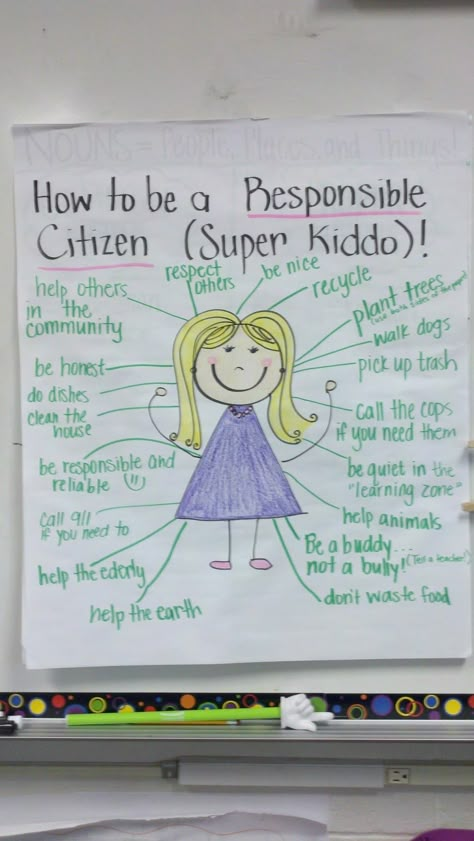 It is necessary to be aware of how we feel and why we react the way we do in a given situation. Of course, sometimes it is difficult to do this on your own, then you always have the opportunity to seek help from a specialist who will help you gain the skill to express your emotions and needs in a way that is safe for yourself and others. Here are some simple recommendations:
It is necessary to be aware of how we feel and why we react the way we do in a given situation. Of course, sometimes it is difficult to do this on your own, then you always have the opportunity to seek help from a specialist who will help you gain the skill to express your emotions and needs in a way that is safe for yourself and others. Here are some simple recommendations:
- Give yourself a pause to ask yourself, "How do I feel right now?"
- Talk about your feelings, such as "I'm angry" or "I'm upset"
- Explain to the other that these are your feelings that are related to the situation, with your perception of it (because what is a violation of boundaries for you may be completely natural for another person)
- Give the other the opportunity to choose how to respond to a situation. We are all different and have our own way of dealing with what is happening around us. Knowing that the other will choose how to react to him, and assuming different options for resolving the situation, it is possible to “prepare” for this without driving yourself into the framework of what will happen to the other
- Talk to the interlocutor about his feelings, clarify what is wrong with him, give yourself and him the opportunity to share their experiences, in this way you take care of both yourself and him.

- Remember that your needs can be met without violating another person's boundaries
Of course, a person can choose to accept responsibility for causing the other to have certain emotions, but the reaction of the other ultimately depends only on him. What is happening around is one thing, but how a person reacts to it is his choice, his perception of what is happening. Let the other person choose.
PSYCHIATRIC CERTIFICATION FOR WEAPON/POSSESSION
GO TO THE WEBSITE OF THE DISPENSARY DEPARTMENT >>
GO TO THE SITE of the Center for Pathology of Children's Speech >>
WORKING SCHEDULE OF PAID SPECIALISTS
LEGAL INFORMATION
CONTROL AND INSURANCE ORGANIZATIONS
INDEPENDENT QUALITY ASSESSMENT OF MED.
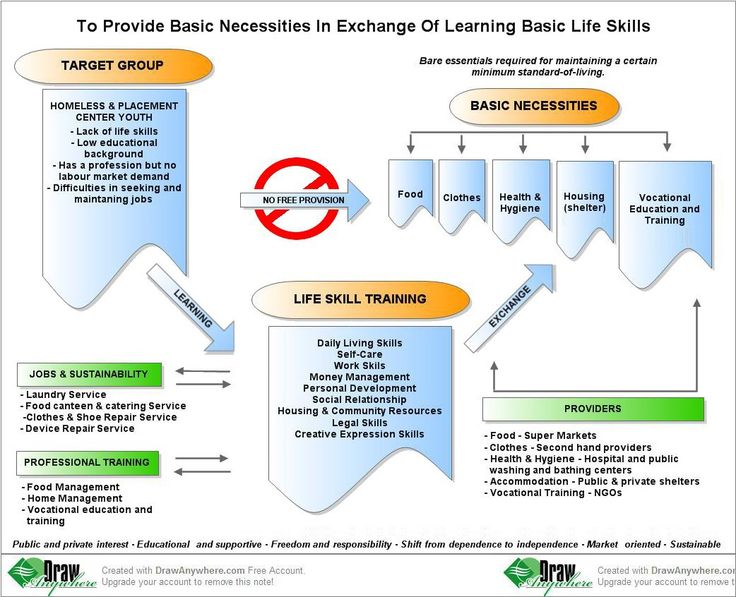 SERVICES
SERVICES
ANTI-CORRUPTION
How to stop taking responsibility for the feelings of others
20,666
A person among people
How often do we think that others do something because of us, that the reason for their actions is our actions or attitudes! If any of my friends are bored at my birthday, it's my fault. If someone passed by and didn’t say “hello”, they deliberately ignore me, what did I do wrong?!
When we ask questions like “what does he think of me”, “why did she do this”, “how do they see this situation?”, we are trying to penetrate the insurmountable wall between us, because no one ever directly can see the contents of the world of others. And this is one of our most amazing features - to make assumptions about how the inner world of another works.
This ability most often works with a weak participation of consciousness, and almost continuously, starting from early childhood.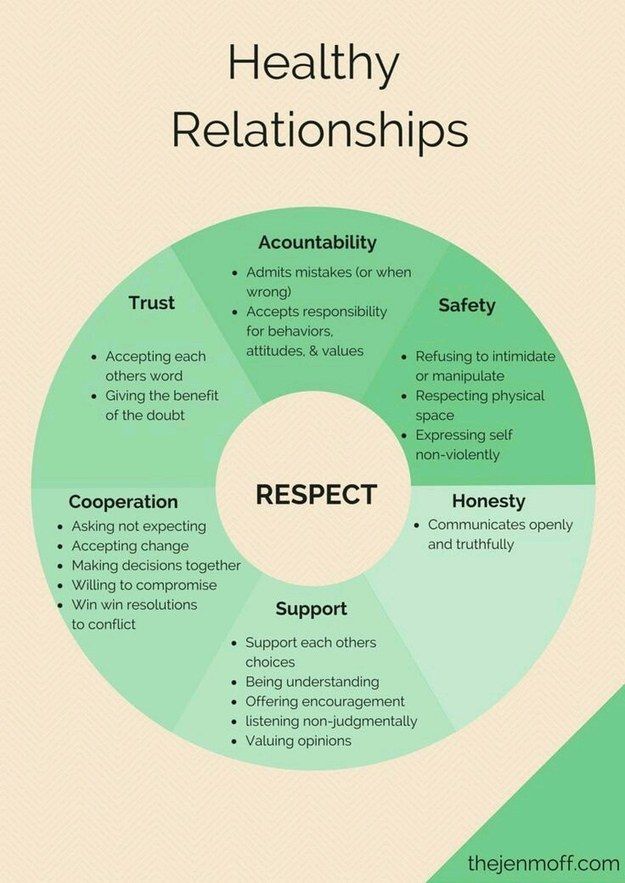 Mom comes home from work - and the child sees that she is in a bad mood, not included in his games, does not really listen to what he says, and practically does not look at his drawings. And a small child of four is trying, to the best of his ability, to understand why, why this is happening, what is wrong.
Mom comes home from work - and the child sees that she is in a bad mood, not included in his games, does not really listen to what he says, and practically does not look at his drawings. And a small child of four is trying, to the best of his ability, to understand why, why this is happening, what is wrong.
At this moment, the child cannot understand that the world of adults is much larger than his figure.
The child's consciousness is egocentric, that is, it seems to him that he is in the center of the parents' world and practically everything that parents do is connected with him. Therefore, the child may come to the conclusion (and this conclusion is not the result of strict logical reasoning, but an intuitive feeling) that he is doing something wrong.
The psyche helpfully throws up memories when mom or dad were very dissatisfied with something in his behavior and moved away from him - and the picture is clear: it's me - the reason that mom is so "unincluded".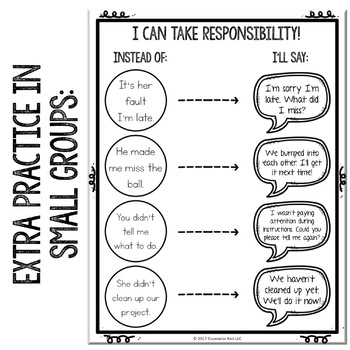 And I have to do something about it urgently. Trying to be very, very, very good, or try to cheer up your mother somehow. Or just the horror that my mother does not communicate with me is so strong that it remains only to get sick - then my mother usually pays a lot of attention. And so on. All these are not conscious decisions, but desperate unconscious attempts to improve the situation.
And I have to do something about it urgently. Trying to be very, very, very good, or try to cheer up your mother somehow. Or just the horror that my mother does not communicate with me is so strong that it remains only to get sick - then my mother usually pays a lot of attention. And so on. All these are not conscious decisions, but desperate unconscious attempts to improve the situation.
The child at this moment cannot understand that the world of adults is much larger than his figure and that there is still a lot going on outside of their communication. In his mind, there are no colleagues of his mother with whom she may have quarreled. There is no angry boss, threat of dismissal, financial difficulties, deadlines and other “adult affairs”.
Many adults, for various reasons, remain in this position: if something is wrong in a relationship, it is my flaw
The feeling that all the actions of others towards us are due to our actions is a natural position for childhood.